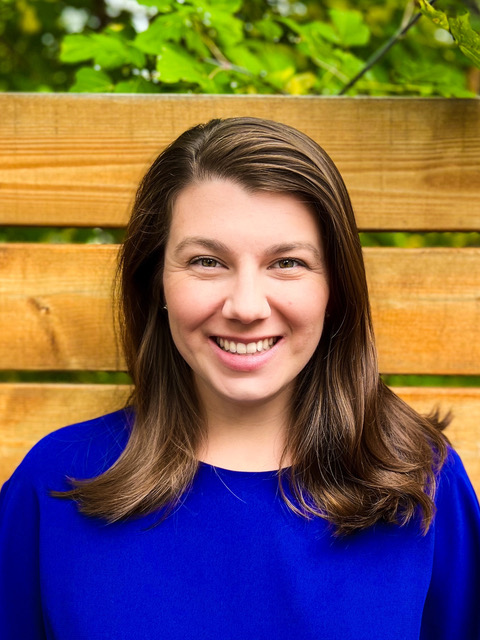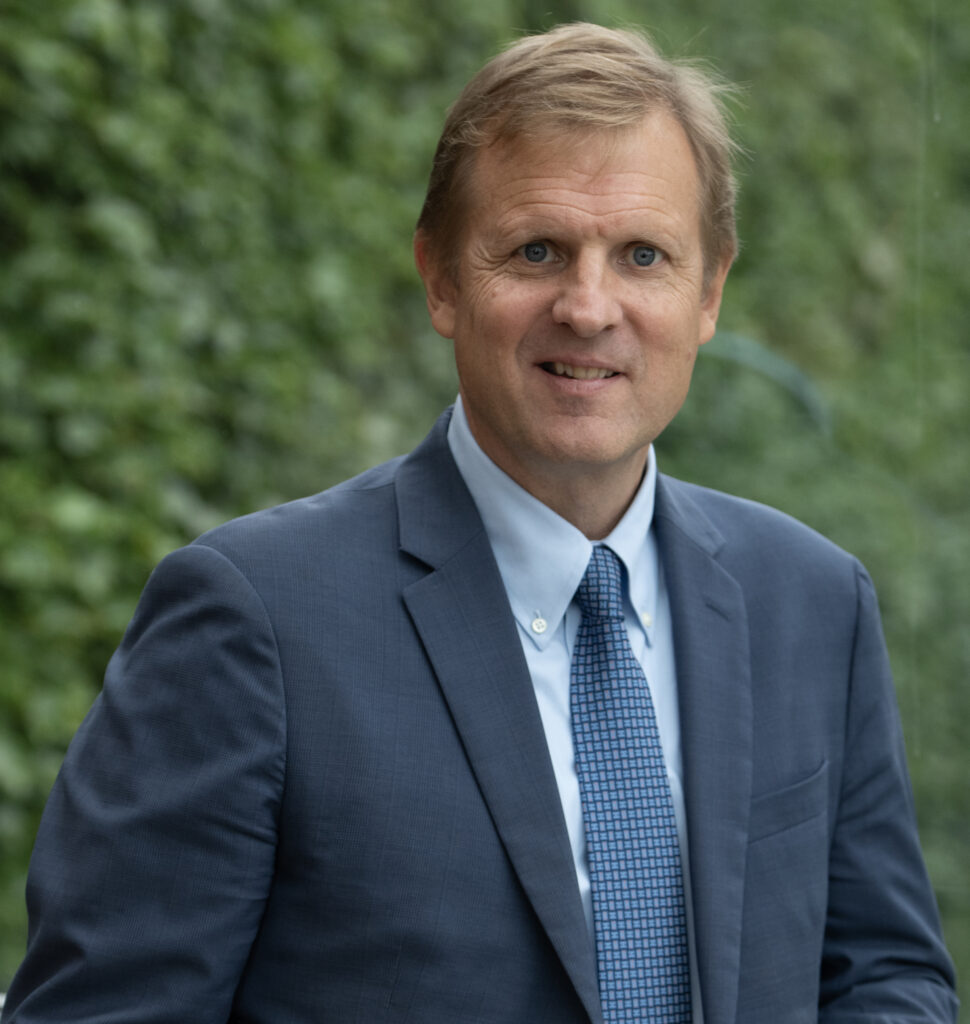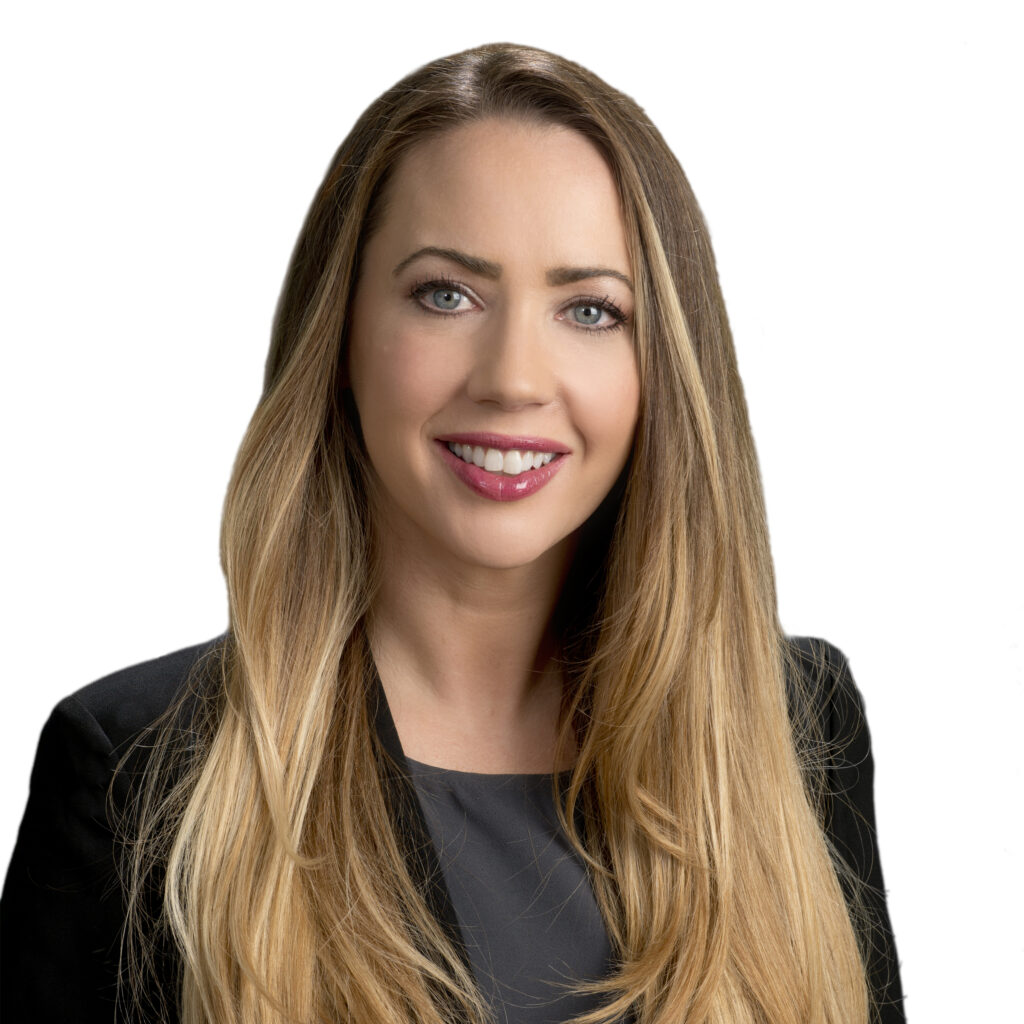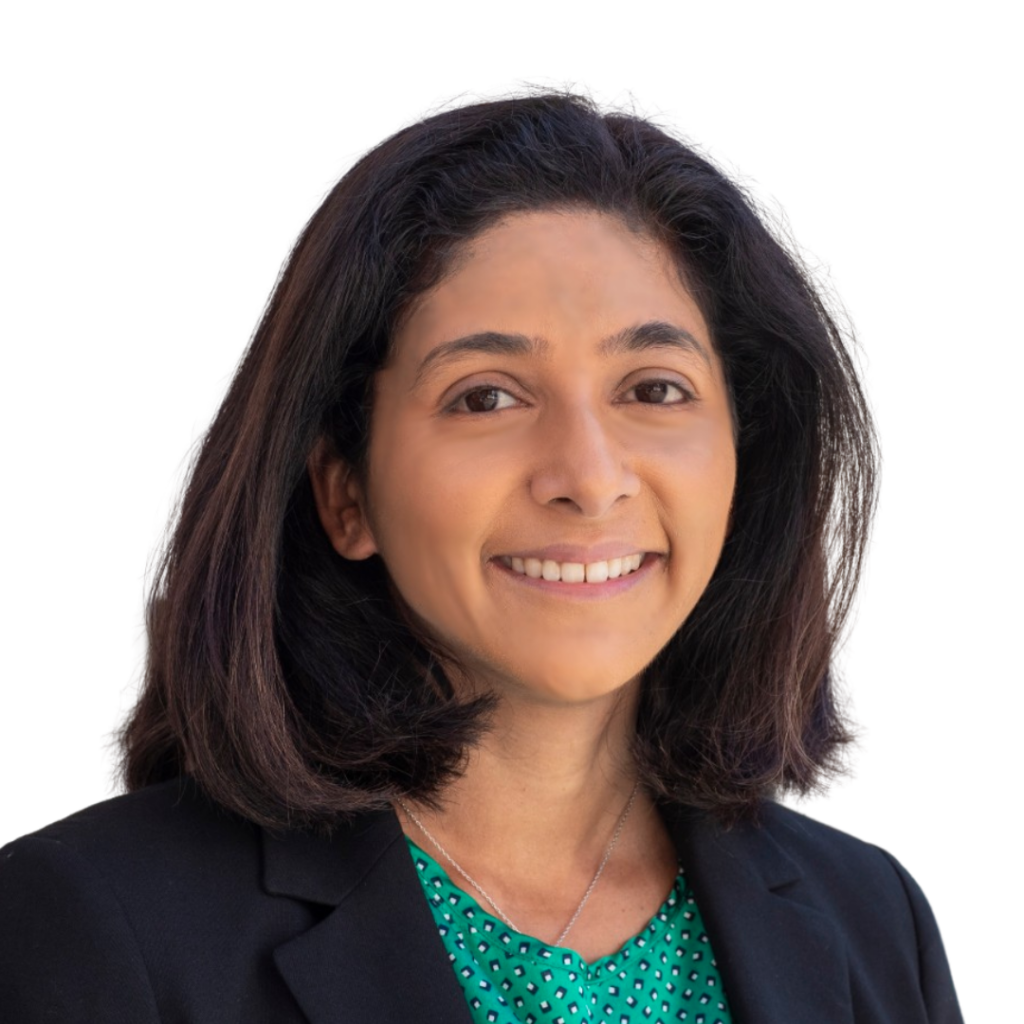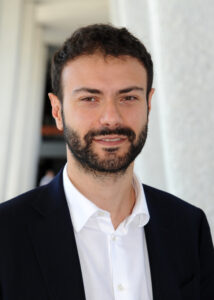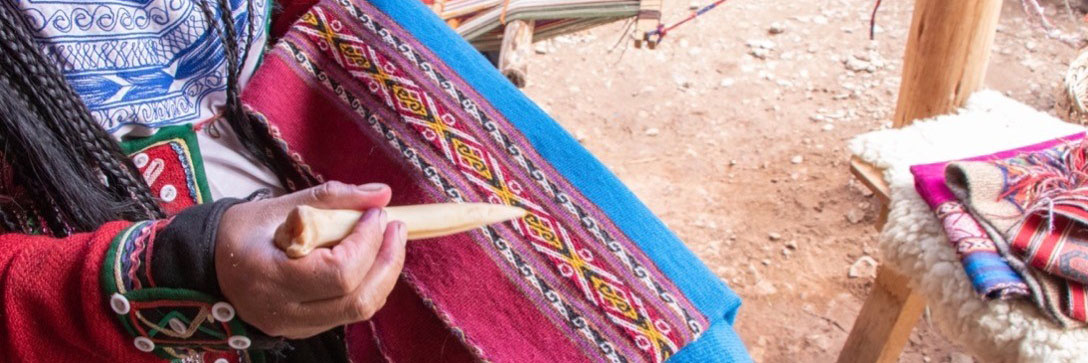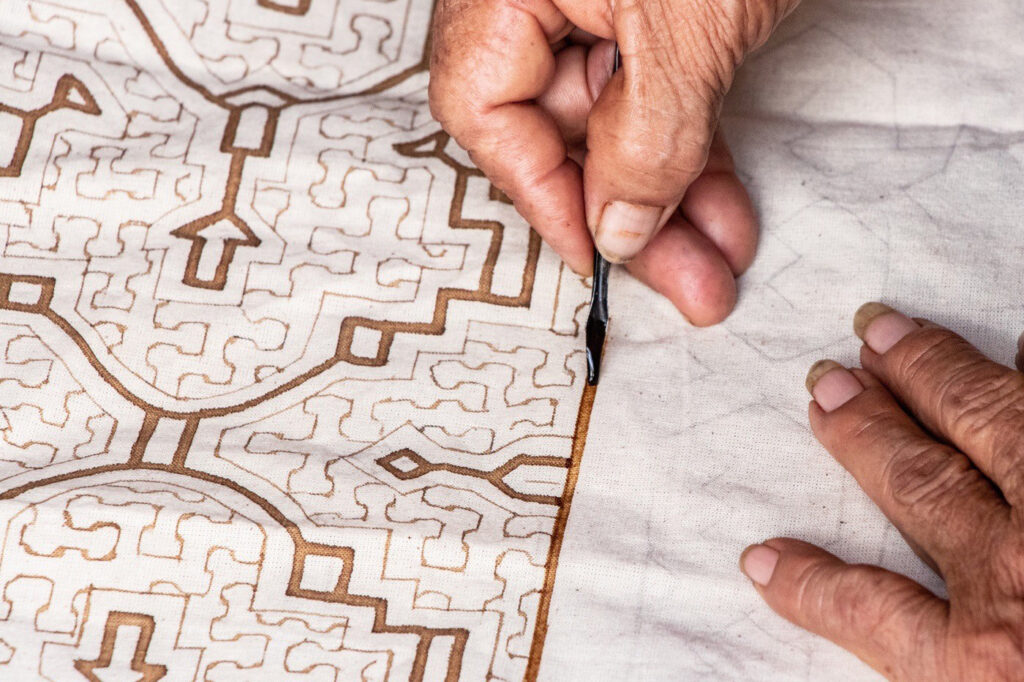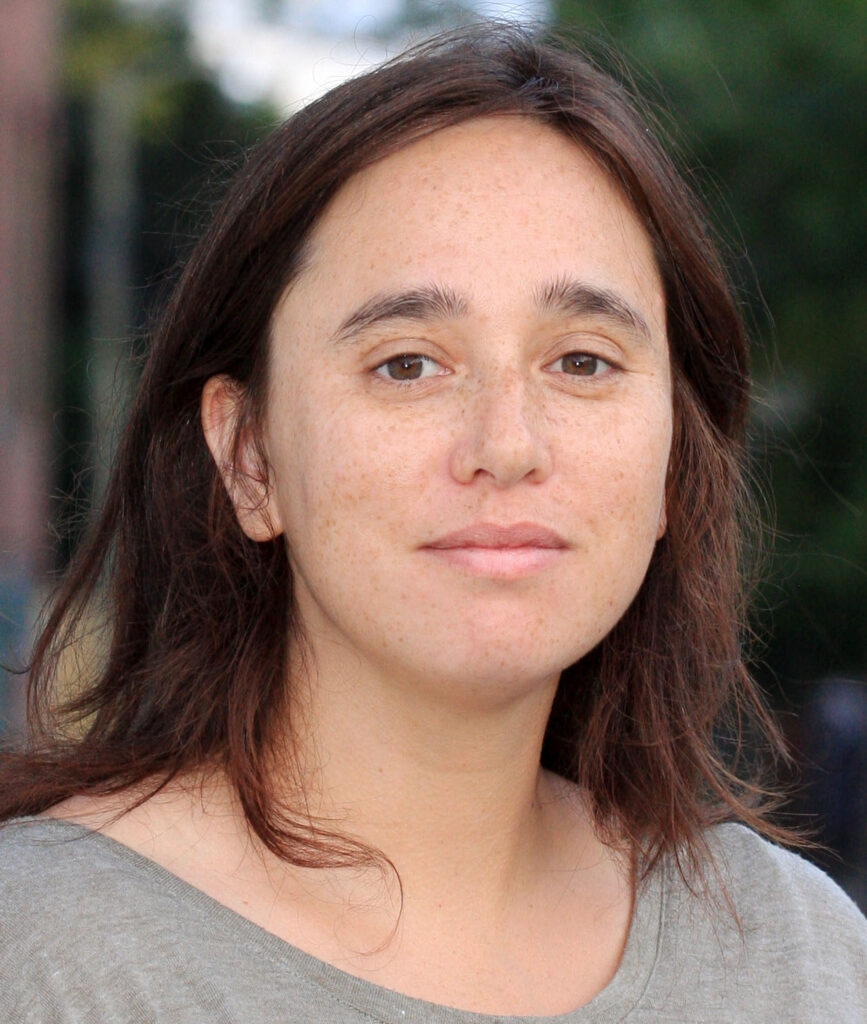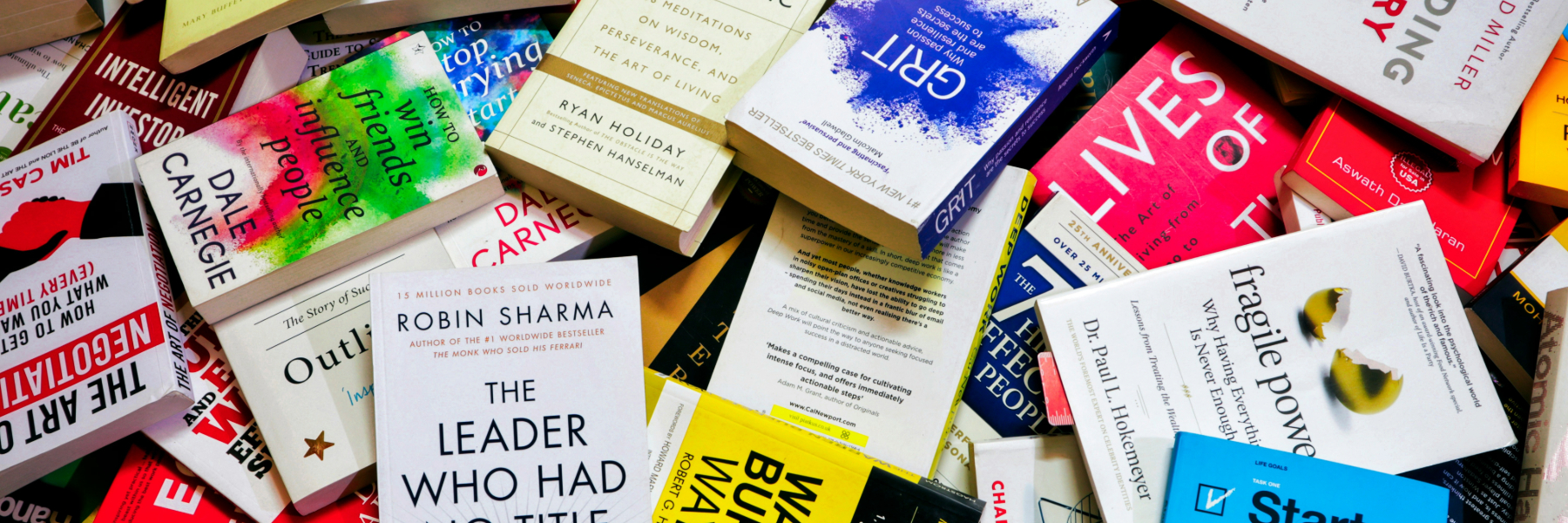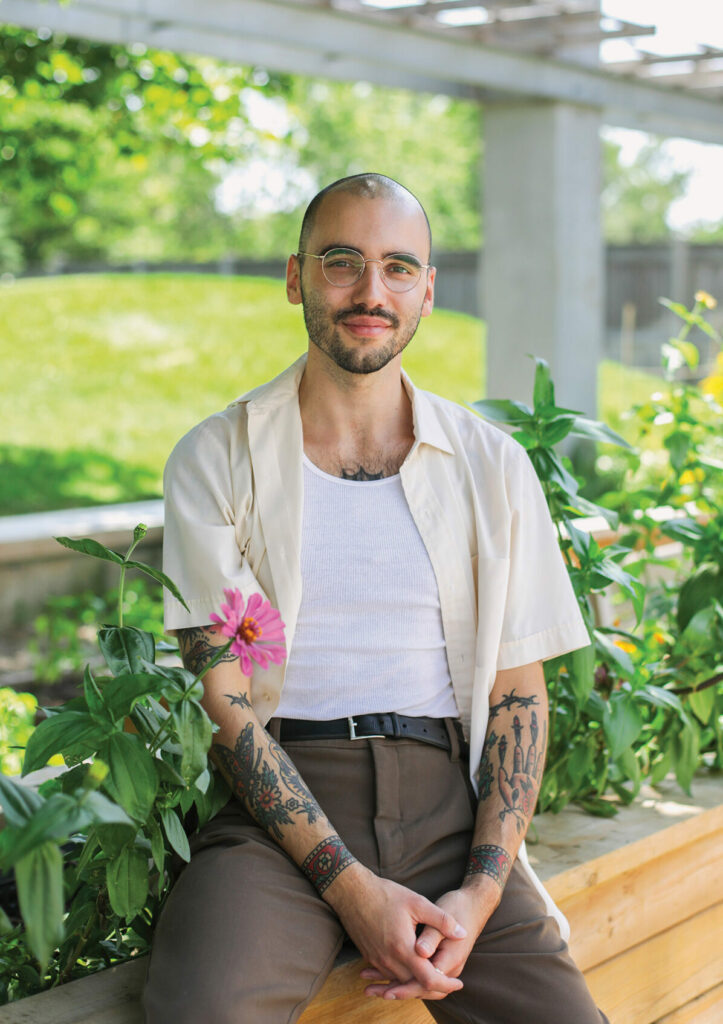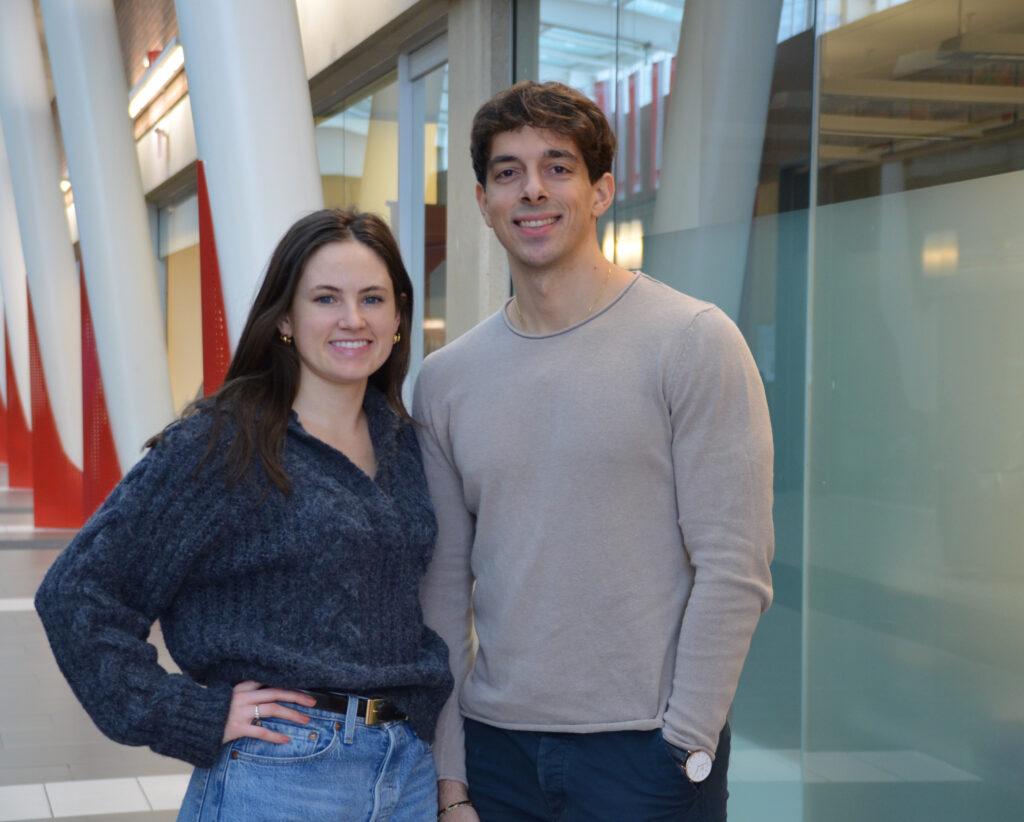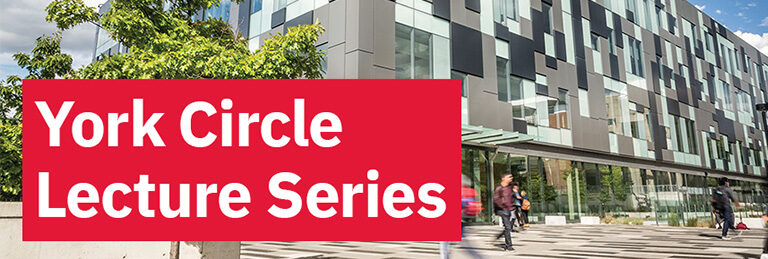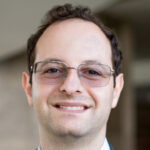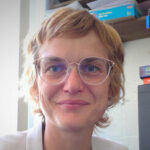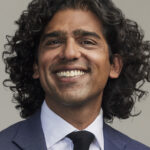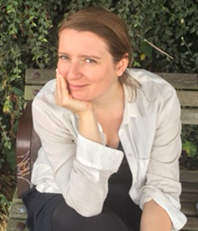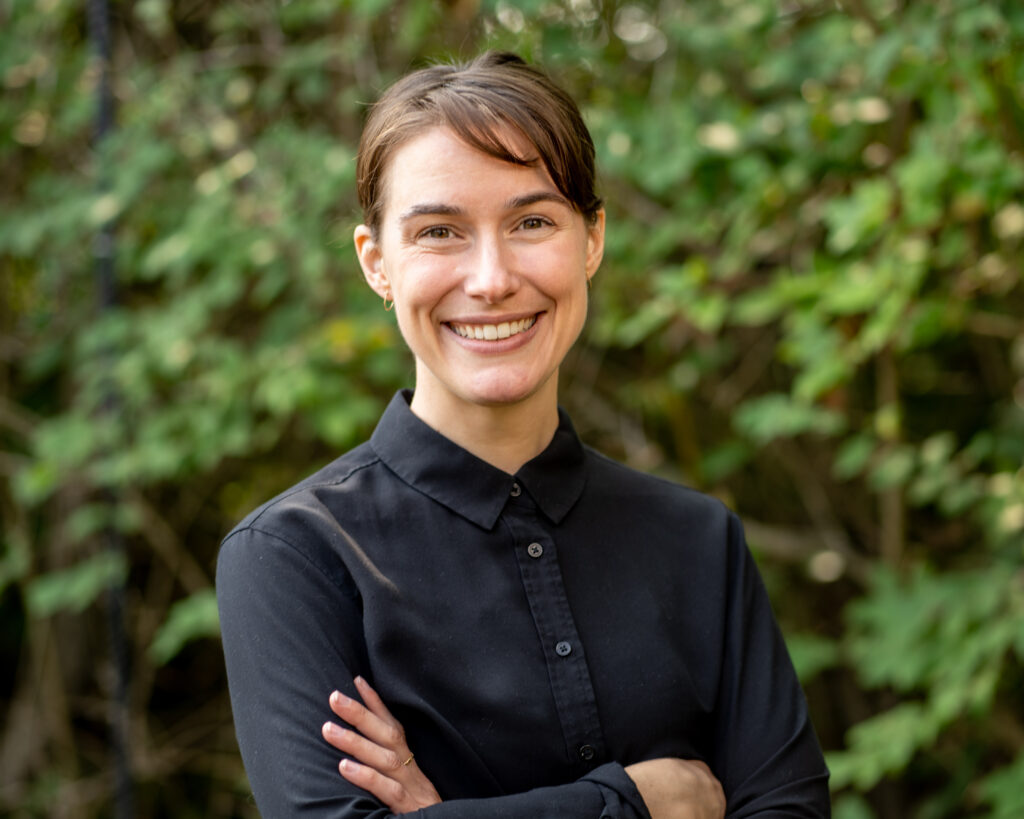A York University research team from the Faculty of Liberal Arts & Professional Studies (LA&PS) that researches lesbian, gay, bisexual, transgender, queer, questioning, Two-Spirit and others (LGBTQ2S+) has released a study highlighting the state of workplace discrimination in Canada.
As much as Canada enjoys a reputation as a progressive country friendly to LGBTQ2S+ people, it is not perfect.
Workplace discrimination against sexual orientations, identities and expressions still exists. One York research team sought to seek out to what extent.
“There has not been much empirical evidence to show where we are at in Canada. We are quite happy to have sought an opportunity to gain better understanding of the current state of LGBTQ2S+ workplace discrimination,” says Professor You-Ta Chuang, who leads the project.
Through a three-stage project titled “Act Up: From managing LGBTQ2S+ identity to changing workplace discrimination” that is funded by the Social Sciences & Humanities Research Council, Chuang and his team pursued a project that surveyed 4,205 participants to further understand the prevalence of workplace discrimination against LGBTQ2S+ employees in Canada and how they cope.
The study found that while discrimination against LGBTQ2S+ employees in Canada is declining slightly, its prevalence is still in line with a recent survey by advocacy organization Egale Canada, which showed that 72 per cent of Two Spirit, transgender and non-binary (2STNB) survey participants had experienced workplace discrimination.
The York study found too that perceived discrimination was above the national average in six provinces and territories, with the highest levels in Alberta, the Northwest Territories and Nunavut.
In terms of how participants responded to discrimination, the study found that more than half spoke up when they experienced discrimination, typically by addressing it or suggesting improvements to workplace inclusivity.
Those in Manitoba, New Brunswick, Ontario and Nova Scotia were found to be most likely to speak up and participants in Alberta and Nunavut were least likely.
The study marks the completion of Stage 1 of the Act Up project. Summer 2024 will see the beginning of Stage 2, which will involve a study examining which emotion regulation strategies used by LGBTQ2S+ employees help them cope with and stand up against workplace discrimination. Stage 3 will then look toward sharing findings with academics in communities to help realize Act Up’s ultimate mission.
“We hope to increase awareness of LGBTQ2S+ workplace discrimination and to see more people (both LGBTQ2S+ employees and allies) are able to speak up against workplace discrimination,” says Chuang.




